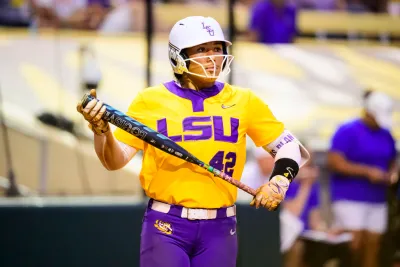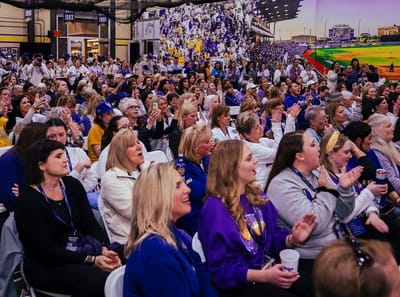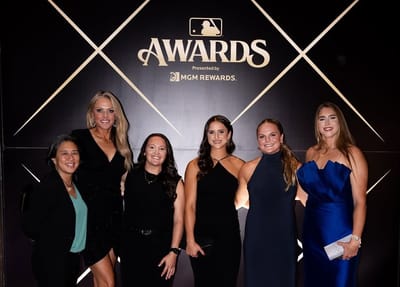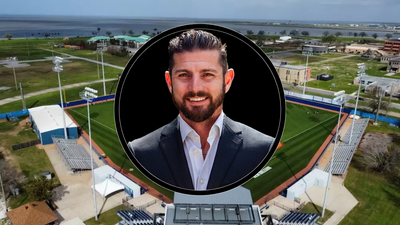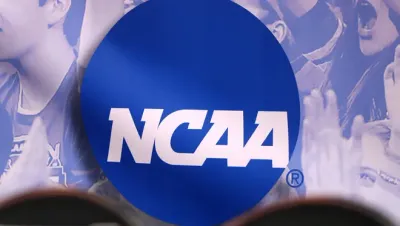
Knock Knock, Pittsburgh’s Here: Mac Miller, the Pirates, and the Power of Local Legacy

A Bridge, a Bobblehead, and a City That Showed Up
By 8 a.m., the Roberto Clemente Bridge was already lined with fans. Not for a playoff game. Not for an international superstar. For a bobblehead.
At 6:40 p.m. that night, the Pittsburgh Pirates were set to host the Chicago White Sox—a mid-July matchup with little playoff implication. And yet, by game time, PNC Park was buzzing like October baseball. The crowd swelled past 38,000, the team’s largest home attendances of the season. It wasn’t the opponent that drew them. It wasn’t the standings. It was Mac.
The lines for the Mac Miller bobbleheads have stretched all the way across the bridge and down Fort Duquesne Blvd to where the end of the line is no longer visible from PNC Park. pic.twitter.com/jorr2RgpEP
— Danny Demilio (@Demilio22) July 19, 2025
The late Mac Miller—rapper, icon, and hometown son—was the centerpiece of a giveaway that became something much more.
A City That Always Showed Up
I pitched at some of the most iconic stadiums in the world—Yankee Stadium, Dodger Stadium, Fenway Park. But one of the most unforgettable places I ever took the mound was right there in Pittsburgh.
It was 2014, my rookie season, and the Pirates were deep in a playoff hunt. I was starting a blackout game on the road at PNC Park, and the place was electric. I’ll never forget giving up a go-ahead home run in the sixth inning. The sound that erupted around me—it was so loud I couldn’t even hear myself scream into my glove.
That deafening noise was passion. A full stadium of fans who had waited years for relevance, finally finding something to believe in.
So when I saw fans lining the Clemente Bridge this weekend, nine hours before first pitch, I knew exactly what that moment meant. Pittsburgh always shows up when it matters.
The Giveaway That Meant Something
Twenty thousand Mac Miller bobbleheads were handed out that night. The details were thoughtful: “Most Dope” tattooed across the knuckles. The 412 area code on the sleeve. Push the base and it plays “Knock Knock.” It wasn’t a gimmick—it was a love letter.
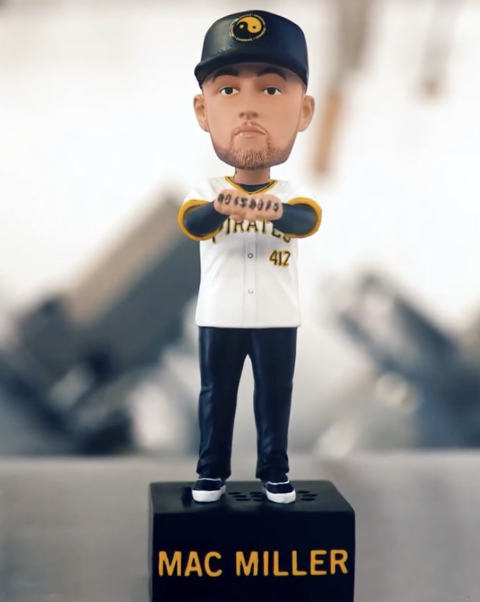
Fans traveled from across the city, the state, even the country. Some waited all day in the heat. Others flipped their collectibles within hours for $150–$300 on eBay.
But for many, this wasn’t about resale but of reverence.
Numbers Talk: What It Did for the Pirates
By every measurable metric, the night was a win for the Pirates.
- Attendance over 38,000— the highest total this year… For reference:
- Opening Day against the Yankees? 36,000+
- Paul Skenes bobblehead night: 37,000
- Average attendance: 19,090 (26th in baseball).
- Merchandise Pirates produced limited-run t-shirts that sold out so fast, the team is dropping another this week. Shirts are now selling as high as $175 on eBay.
- Bobbleheads given to the first 20,000 fans are now selling for no less than $150 on eBay.
For a non-rivalry, out-of-division opponent, the stadium had a postseason feel. And all of it was built around a single cultural connection.
The Mac Miller Legacy Lives On
Proceeds from the night supported the Mac Miller Fund, established by his family in 2018. The foundation supports youth arts, mental health initiatives, and community-building programs—especially in underserved areas.
The Pirates contributed a five-figure donation, and the awareness alone amplified the foundation’s reach. You can learn more or support at macmillerswebsite.com.
Mac Miller’s mom Karen throwing out the first pitch tonight !! @SNPittsburgh pic.twitter.com/85m9Os8IvK
— Dan Potash (@DanPotashTV) July 19, 2025
Culture as a Catalyst for Commerce
This was a case study.
When teams connect to real culture—when they listen, collaborate, and pay homage—they do more than sell tickets. They create moments.
Mac Miller was a mirror for the city’s soul. I mean the guy literally had the Pirates’ logo tattooed on his hand. Think about that marketing every time he held a mic.
The Pirates weren’t just honoring him—they were showing that they understood him. And by extension, they understood the fans.
It’s smart brand-building. It’s even smarter community-building. And when you do it right, commerce follows.
What Other Teams Can Learn
The Mac Miller Bobblehead Game was just as instructive as it was successful.
Forget generic “heritage nights.” Forget transactional promos. Start with the people. Start with the city.
If you honor culture with heart, the crowd will come. If you build community first, the business will follow.
Because when Knock Knock plays in Pittsburgh, the city answers. Every time.
